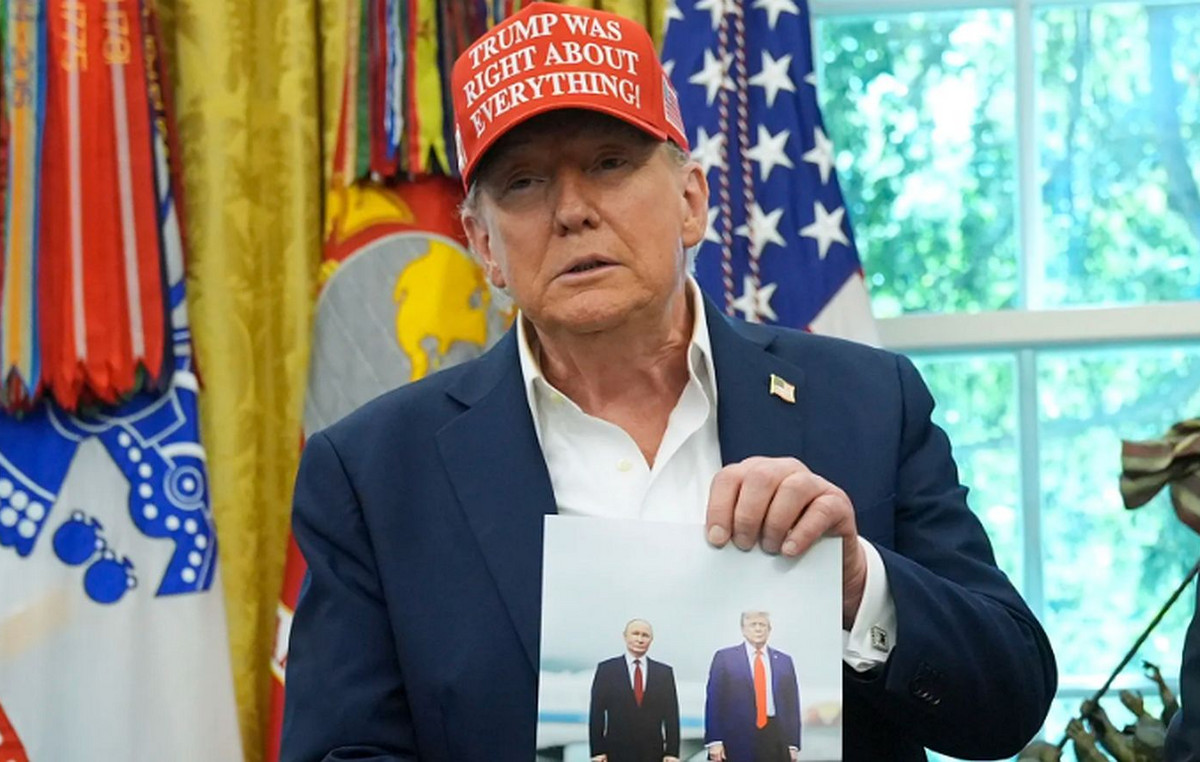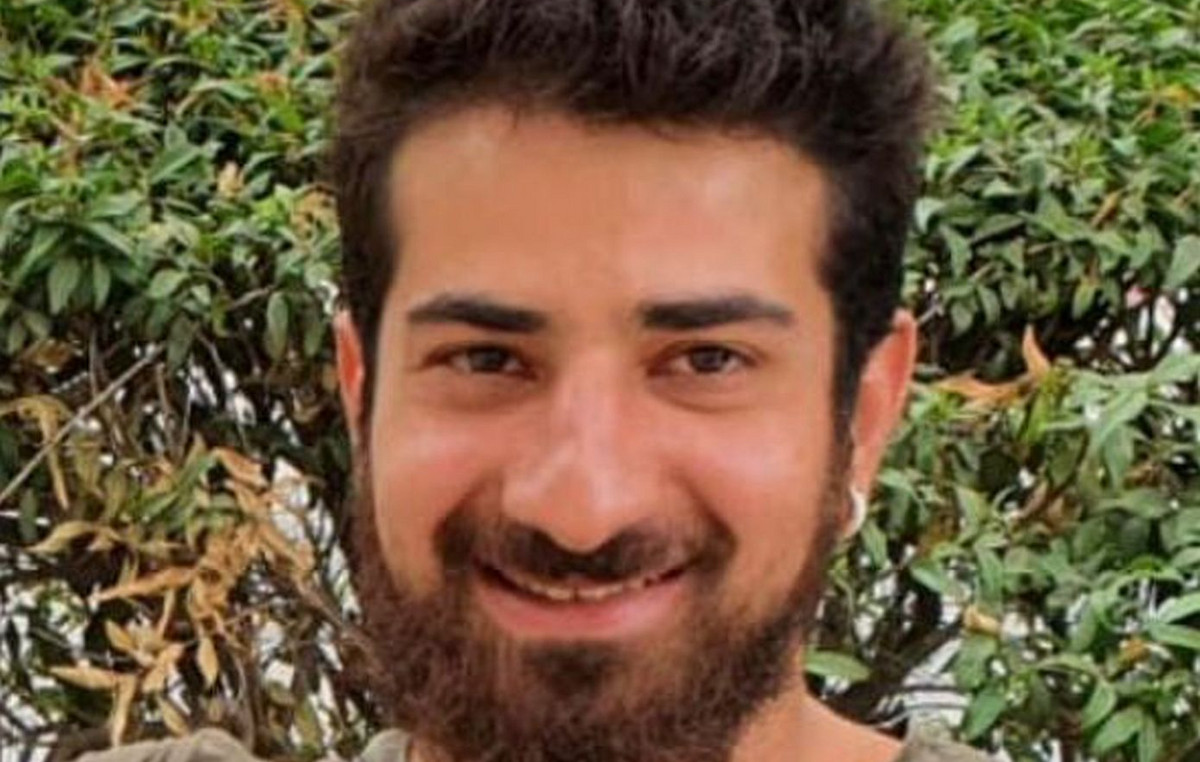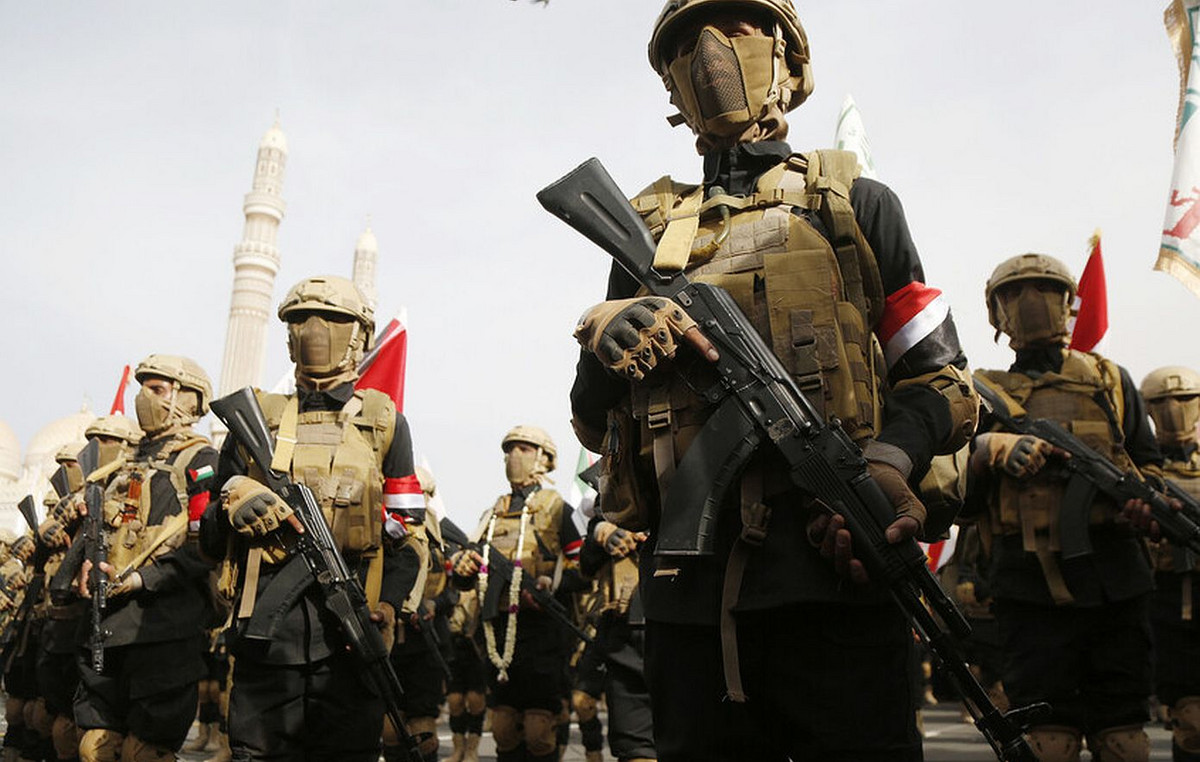After 38 years in power, the Prime Minister of Cambodia, Hun Sen, guarantees another landslide victory for his party in the elections – after years of repression of any opposition figure –, while preparing a possible succession of power for his son.
Hun Sen is 70 years old and has been in power since 1985. Only the leaders of Cameroon and Equatorial Guinea, both also authoritarian countries, have been in power longer.
Cambodian voters went to the polls this Sunday (23). Hun Sen’s party, the People’s Party of Cambodia (CPP), has faced no viable opponents after years of relentless crackdowns on its rivals. The CPP has governed the country since 1979.
The polls closed with an 84% turnout, according to the electoral committee. Some 8.1 million people voted, in a race between the CPP and 17 other little-known parties, none of which won seats in the last election in 2018. The only opponent with any real influence was disqualified from the race.
“We won overwhelmingly… but we still cannot calculate the number of seats,” CPP spokesman Sok Eysan said on Sunday.
No deadline had been given for the handover of the position until this Thursday (20), when Hun Sen signaled that his eldest son, Hun Manet, “could be” prime minister next month, depending on whether he “will be able or not”.
Hun Sen and his authoritarian regime
Cambodia, a country of 16.5 million people, has had a very tumultuous recent history. Cambodia’s communist party regime, the Khmer Rouge, unleashed a genocide of its own people while it was in power from 1975 to 1979.
The country’s population grapples with intergenerational trauma, while poverty and corruption remain deeply rooted in the government. The CPP took power after the Vietnamese invasion, which overthrew the Khmer Rouge.
Hun Sen – a former Khmer Rouge commander who switched sides – has ruled Cambodia for nearly four decades.
Elections in the country were initially competitive with tolerable opposition. But in more recent years, Hun Sen has become increasingly authoritarian – cracking down on dissent and jailing critics of his regime, forcing many to flee abroad.

“Like all dictators, Hun Sen will never give up his power,” said Cambodian politician Mu Sochua, who was once the country’s minister for women’s and veterans’ affairs and has since fled abroad. “The July 23 election is just one day for Hun Sen to impose [suas escolhas] to the Cambodian people.”
Hun Sen also cultivates ever-closer ties with China and rails against criticism from Western governments, which he often accuses of aiding Cambodia’s political opposition.
The CPP points to the participation of the other 17 small political parties, in an attempt to argue that the country is a multiparty democracy.
But the argument is strongly rejected by human rights groups and political observers, who point out that all major opposition parties and figures have been silenced, jailed or banned from Cambodia.
“The challenge he faces is that the election is not seen as democratic, as it lacks legitimacy. Without competitive elections, free media and space for civil society, Cambodia is not [considerado] a democracy,” said political analyst Bridget Welsh.
Political repression increased after the 2013 elections, when an alliance of opposition parties, the Cambodian National Rescue Party (CNRP), won more than 40% of the vote in the election.
The country’s top court banned the CNRP in 2017, and dozens of party leaders have been jailed or exiled.
The Candlelight Party, which grew out of what was left of the CNRP, was banned earlier this year by Cambodia’s national election committee over a problem with its paperwork.
The future prime minister
Political analysts reckon this Cambodian election will set the stage for Hun Sen’s transition of power to his son Hun Manet.
The eldest of three, Hun Manet, 45, serves in the Cambodian army and is seen as a waiting his turn.

He grew up and was educated in Phnom Penh, the capital of Cambodia, before joining the Cambodian army in 1995. In the same year, he entered the US Military Academy at West Point, earning a diploma four years later and becoming the first Cambodian to graduate from the prestigious school.
He also received degrees in economics from New York University in 2002 and the University of Bristol in 2008.
Hun Sen has already made it clear in his speeches that his son would be the “future prime minister”. This year, Hun Manet made his political debut – running for a parliamentary seat in Sunday’s elections. A party spokesman said on Sunday, “It’s pretty clear he was elected.”
Political analyst Bridget Welsh stressed that Hun Manet “will need to earn his own legitimacy”. “He will have to step out of his father’s shadow and set his own standard of leadership,” she told CNN .
“This will be a challenge as Hun Sen will remain the dominant figure in Cambodian politics and it is unclear how much he will relinquish control,” he said.
“Hun Manet has some popularity among younger Cambodians, but he will face big challenges in taking over from his father,” German political analyst Markus Karbaum told CNN .
“As long as he is in good health, it will be very difficult for Hun Manet to step out of his shadow, especially when it comes to foreign policy,” he added. “He will lose enormous respect on the global stage if he gives the impression that he is just delivering his father’s messages – a politician with no power and no mandate will not be taken seriously.”
*Posted by Fernanda Pinotti, with information from Heather Chen of CNN and Reuters
Source: CNN Brasil
Bruce Belcher is a seasoned author with over 5 years of experience in world news. He writes for online news websites and provides in-depth analysis on the world stock market. Bruce is known for his insightful perspectives and commitment to keeping the public informed.







